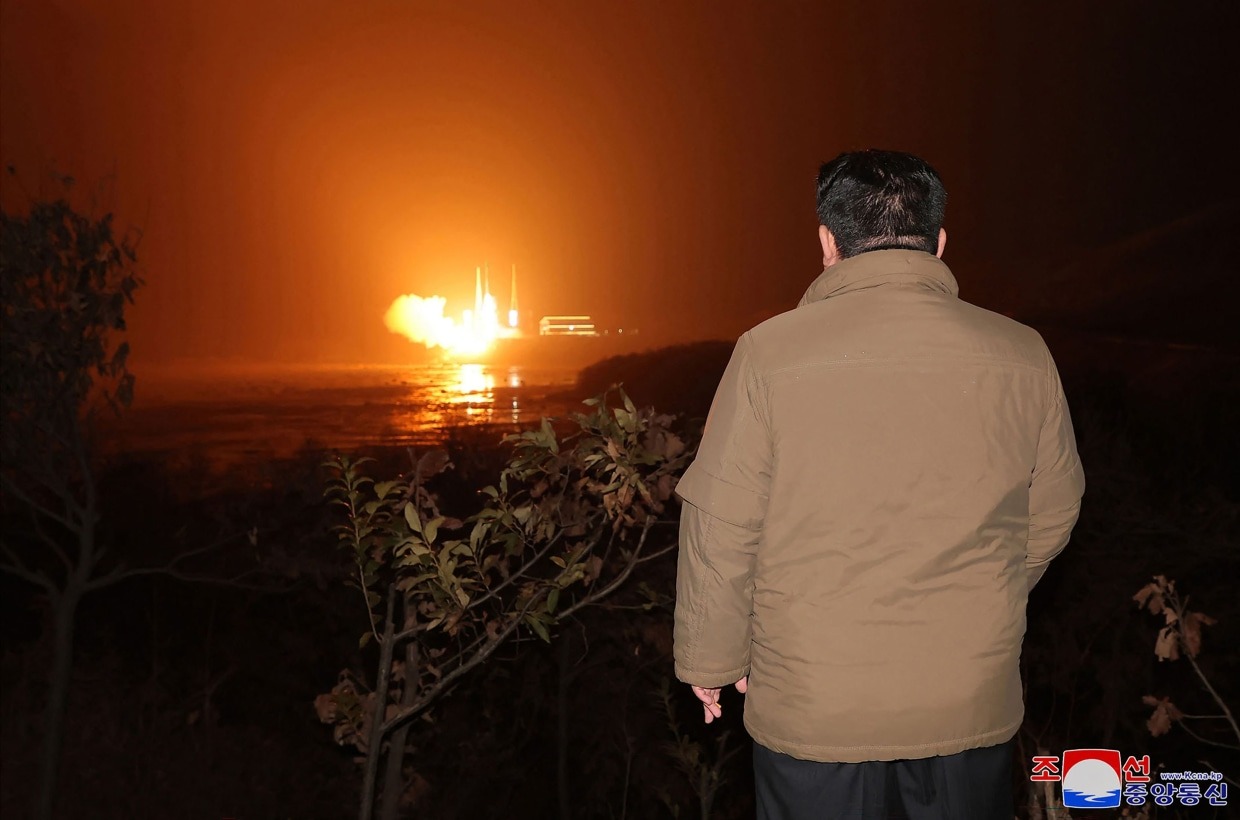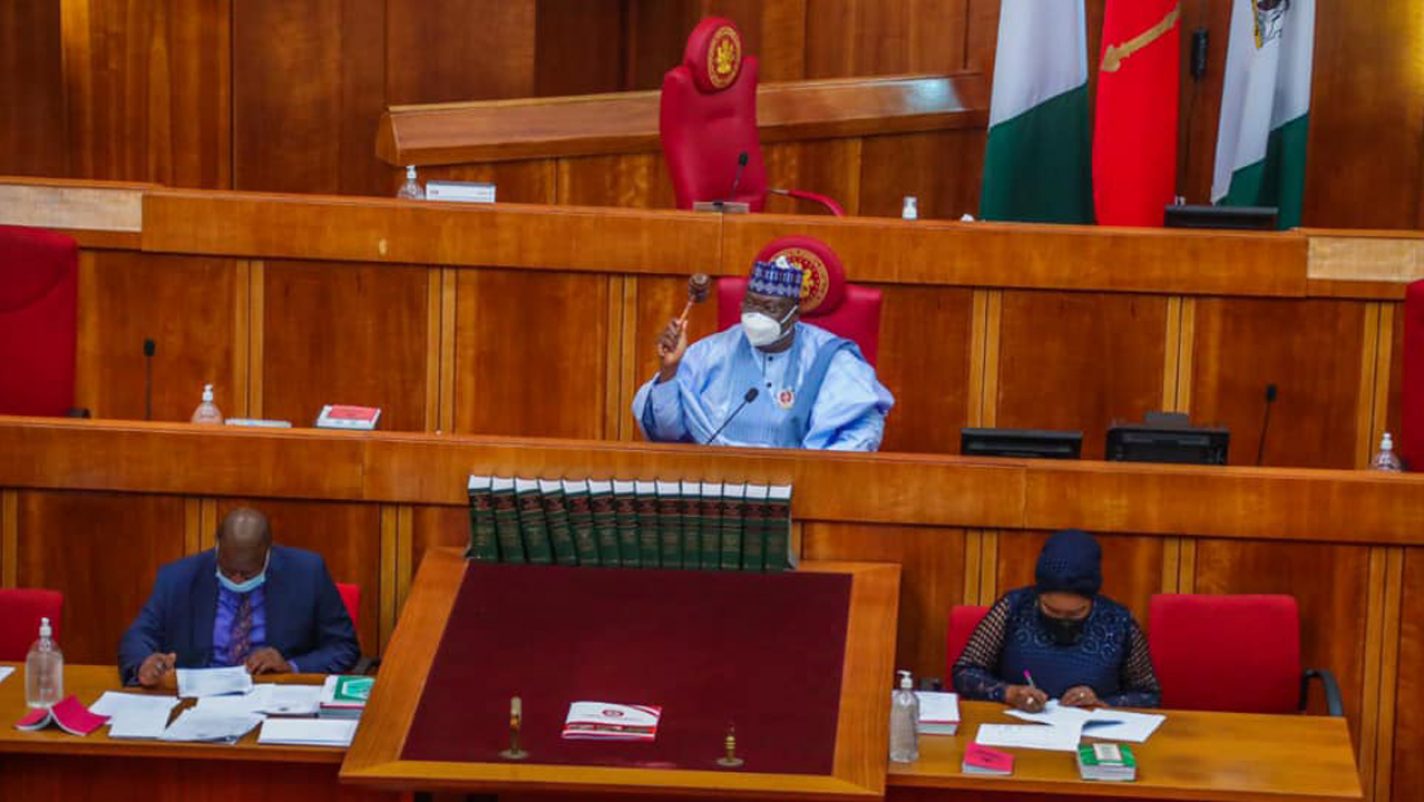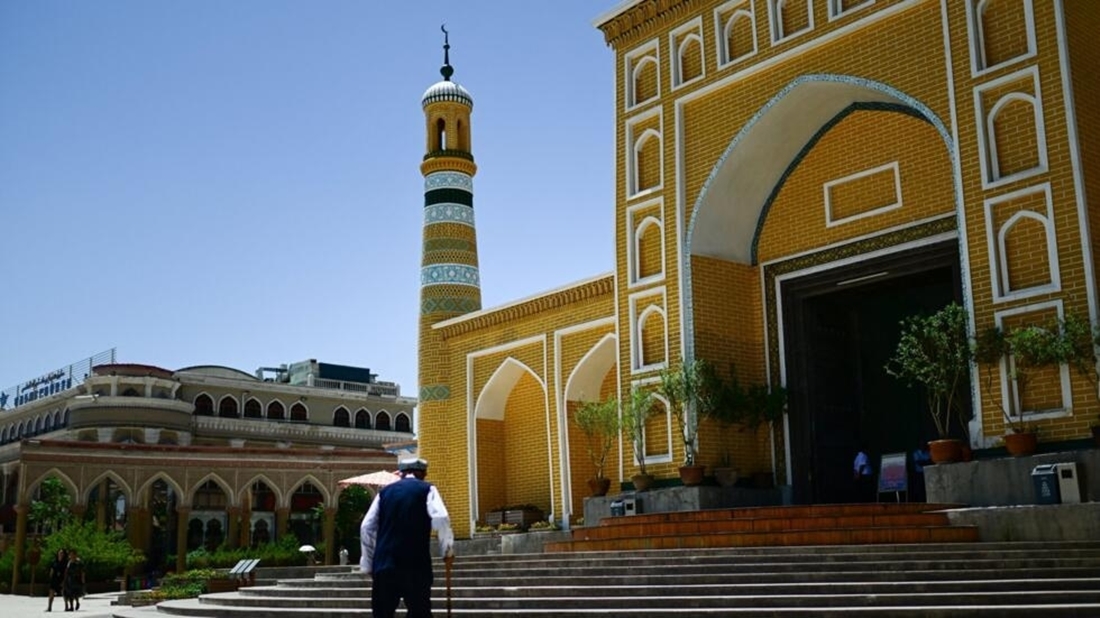North Korea has declared the successful launch of its first military spy satellite, marking a significant advancement in the country’s space ambitions. The launch comes two months after Russian President Vladimir Putin pledged support for North Korean leader Kim Jong Un’s space program.
According to North Korean state media, the Malligyong-1 reconnaissance satellite achieved orbit following a rocket launch from a site in the western part of the country on Tuesday night. The Korean Central News Agency stated that Pyongyang’s space agency plans to launch multiple additional reconnaissance satellites in the near future, aiming to enhance its ability to identify and strike targets in South Korea and Japan.
Kim Jong Un, who oversaw the launch, expressed congratulations to the cadres, scientists, and technicians involved, acknowledging their significant contribution to strengthening the country’s war deterrent, as reported by KCNA.
However, the United States, South Korea, and Japan have been unable to independently verify if the satellite was successfully placed into orbit. North Korea had earlier informed Japan of its intention to launch a satellite on Wednesday.
The US National Security Council denounced the launch as a blatant violation of multiple UN Security Council resolutions, warning that it escalates tensions and poses a risk of destabilising the security situation in the region and beyond. A functional spy satellite would enhance North Korea’s capability to conduct preemptive strikes and monitor potential threats from the US and South Korea. Nevertheless, analysts have raised concerns about the technological sophistication of a North Korean spy satellite.
North Korea asserts that its space program is a legitimate response to the US-led “space militarisation” aimed at attacking North Korea and attaining global dominance.
Following the launch announcement, South Korea partially suspended a 2018 inter-Korean military agreement that established buffer zones to reduce the risk of armed conflict. This move allows South Korea to resume reconnaissance and surveillance operations closer to the demilitarised zone separating the two countries. South Korea also plans to launch its own military spy satellite into orbit by the end of the month.
North Korea’s claim of a successful satellite launch follows two failed attempts earlier this year, in May and August.







